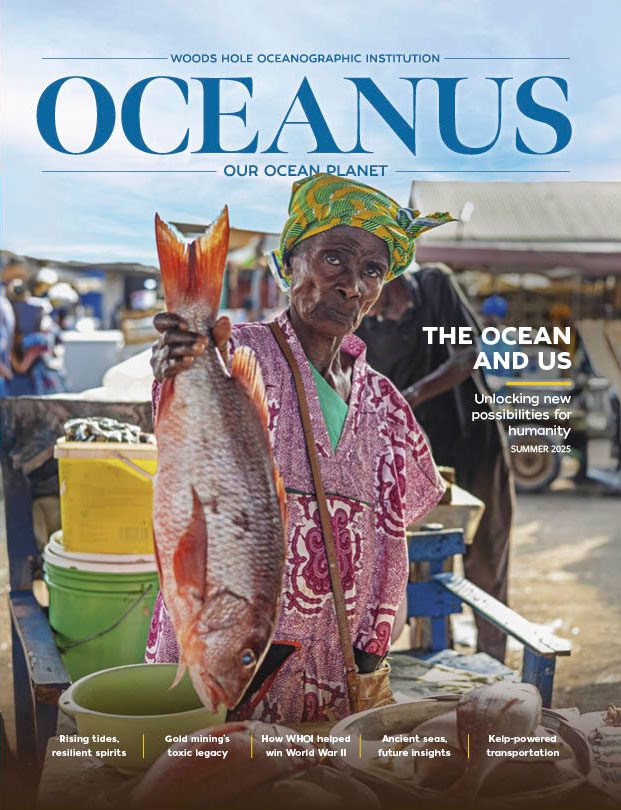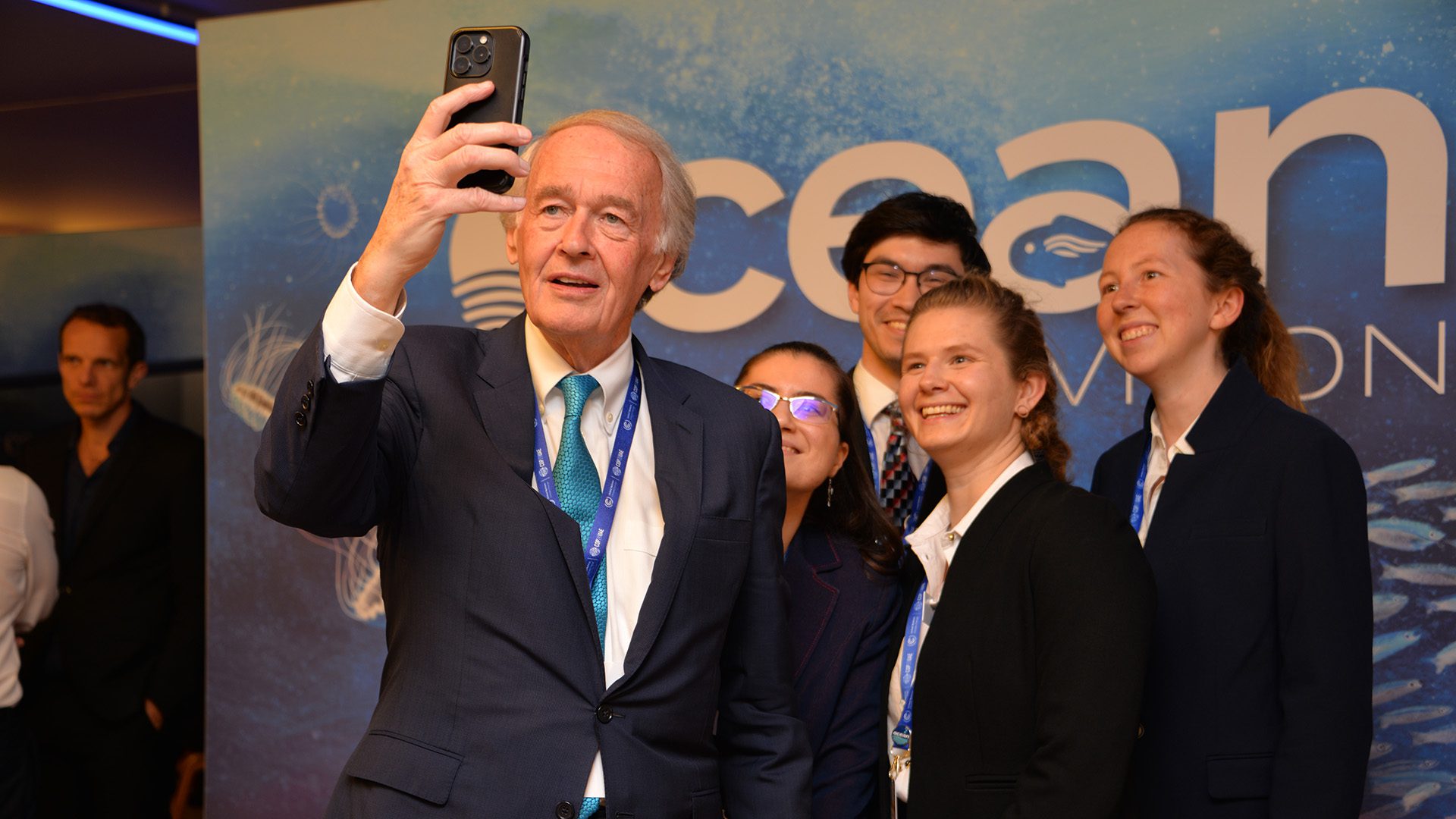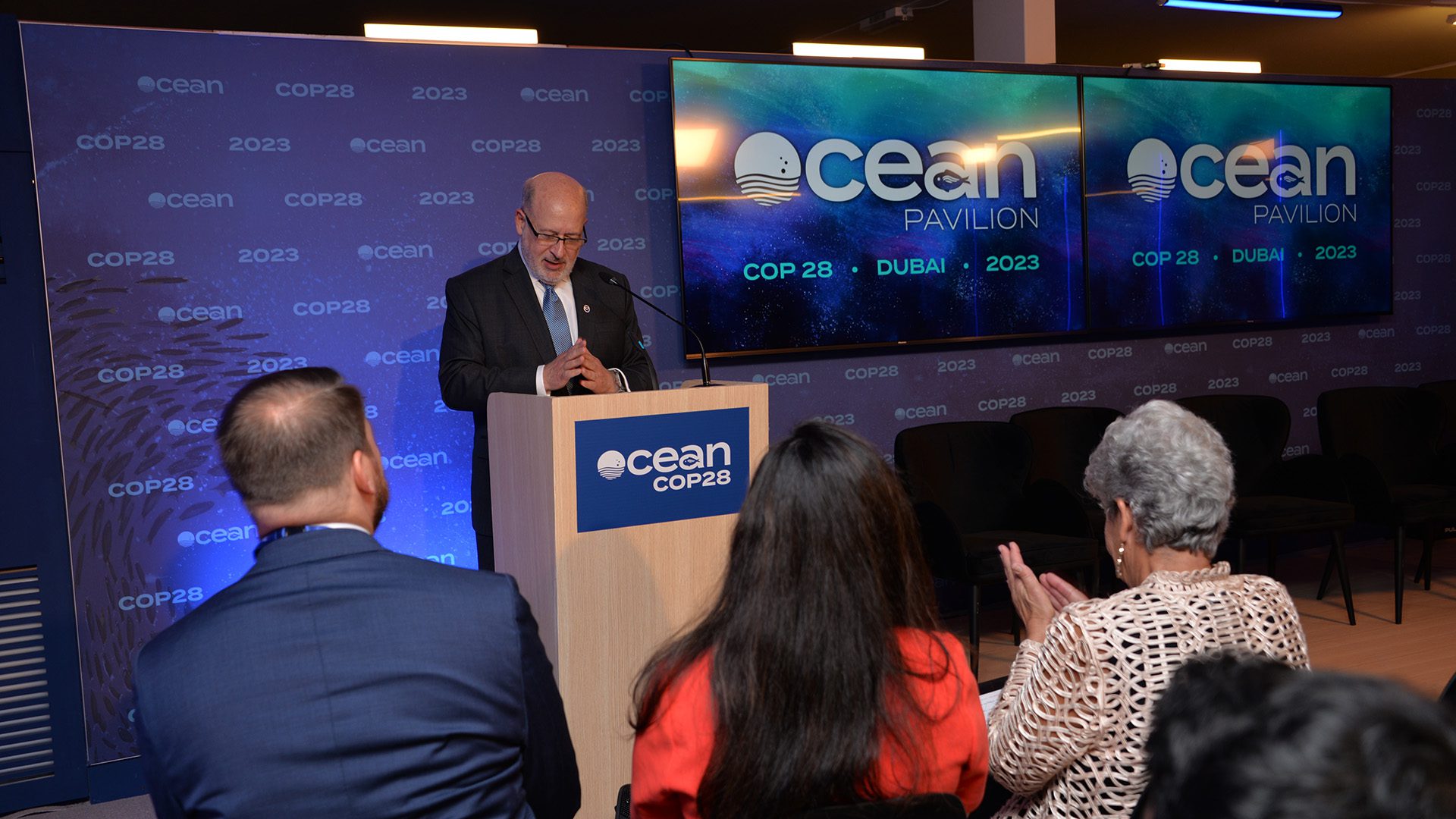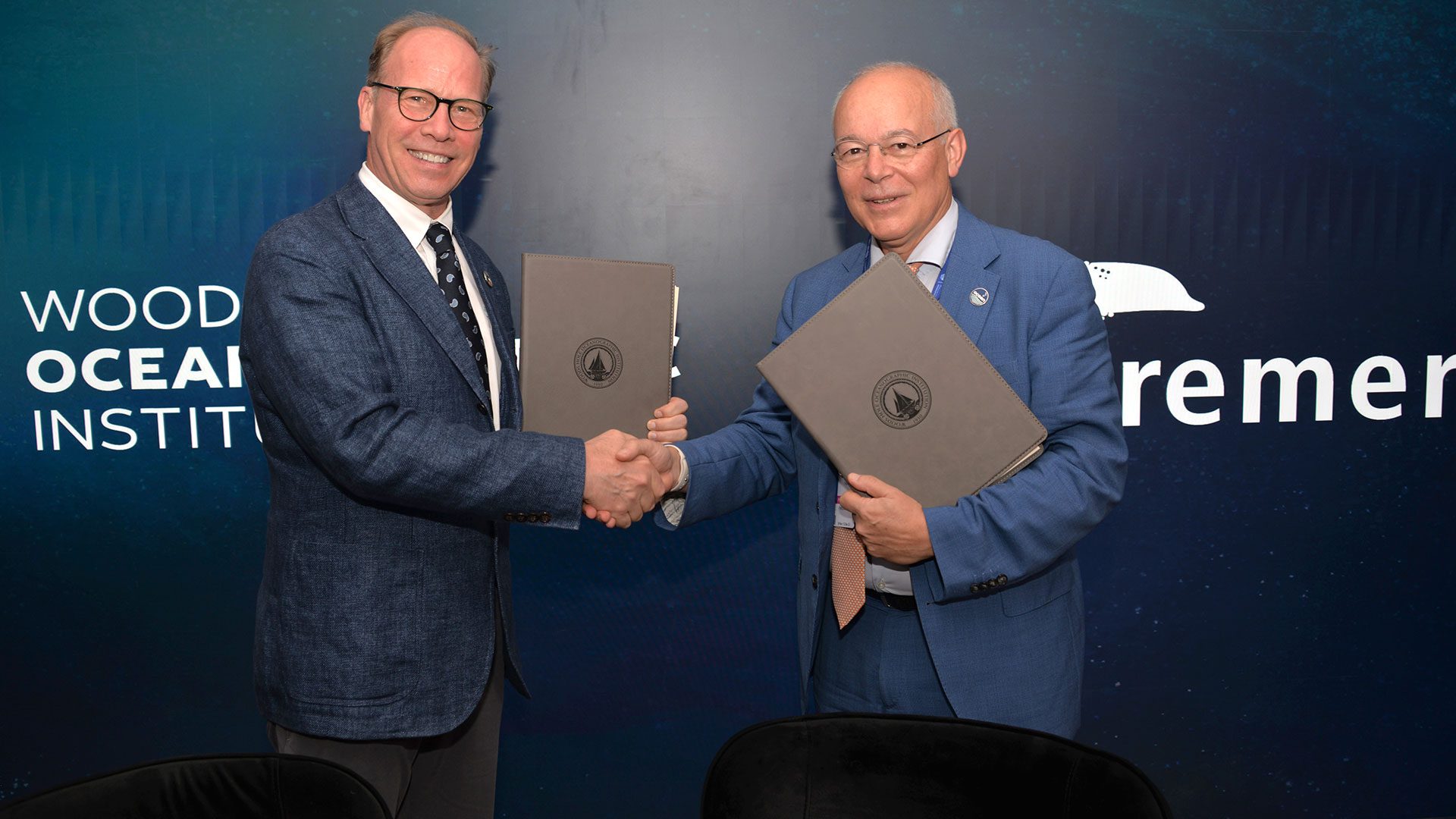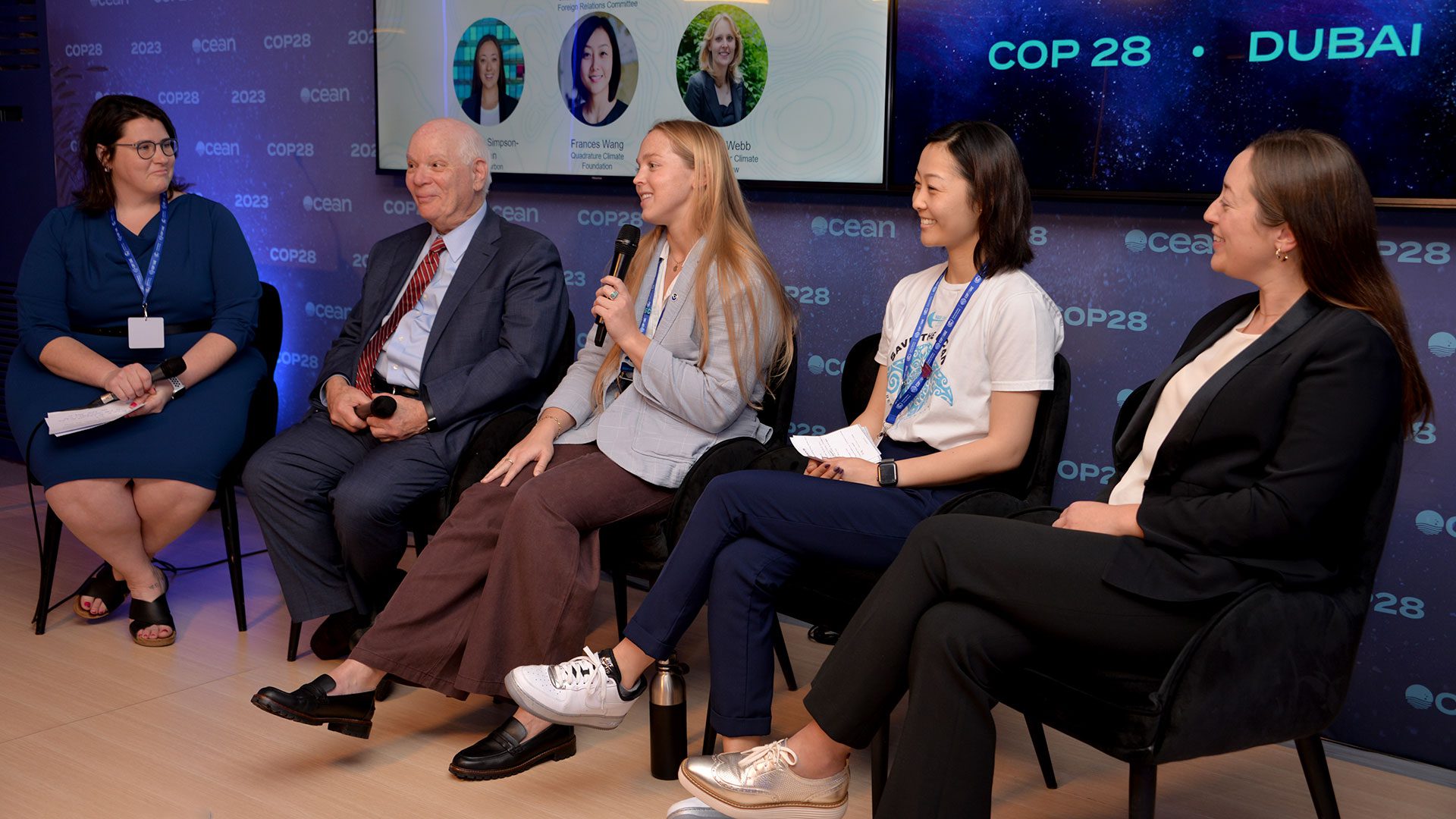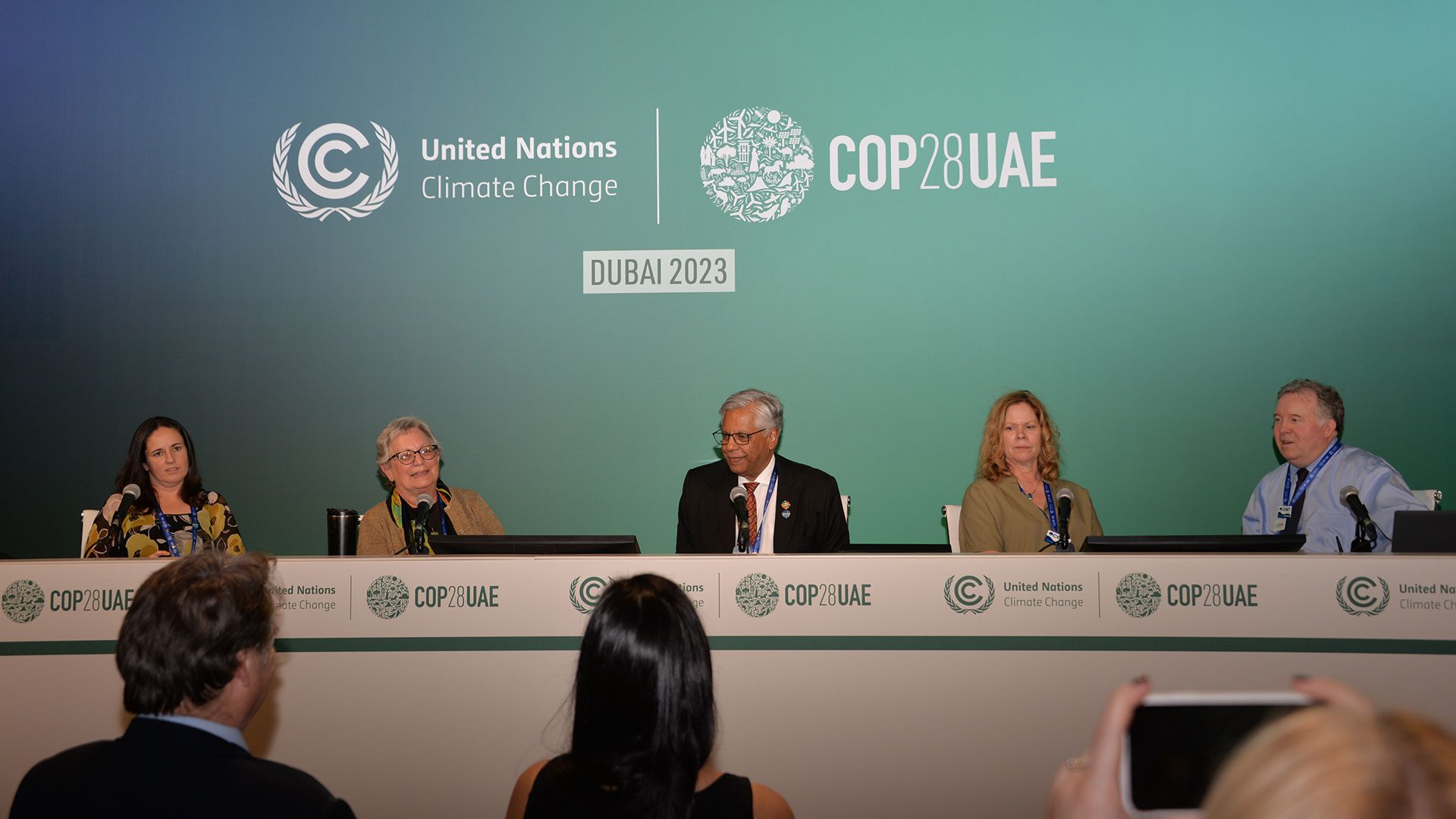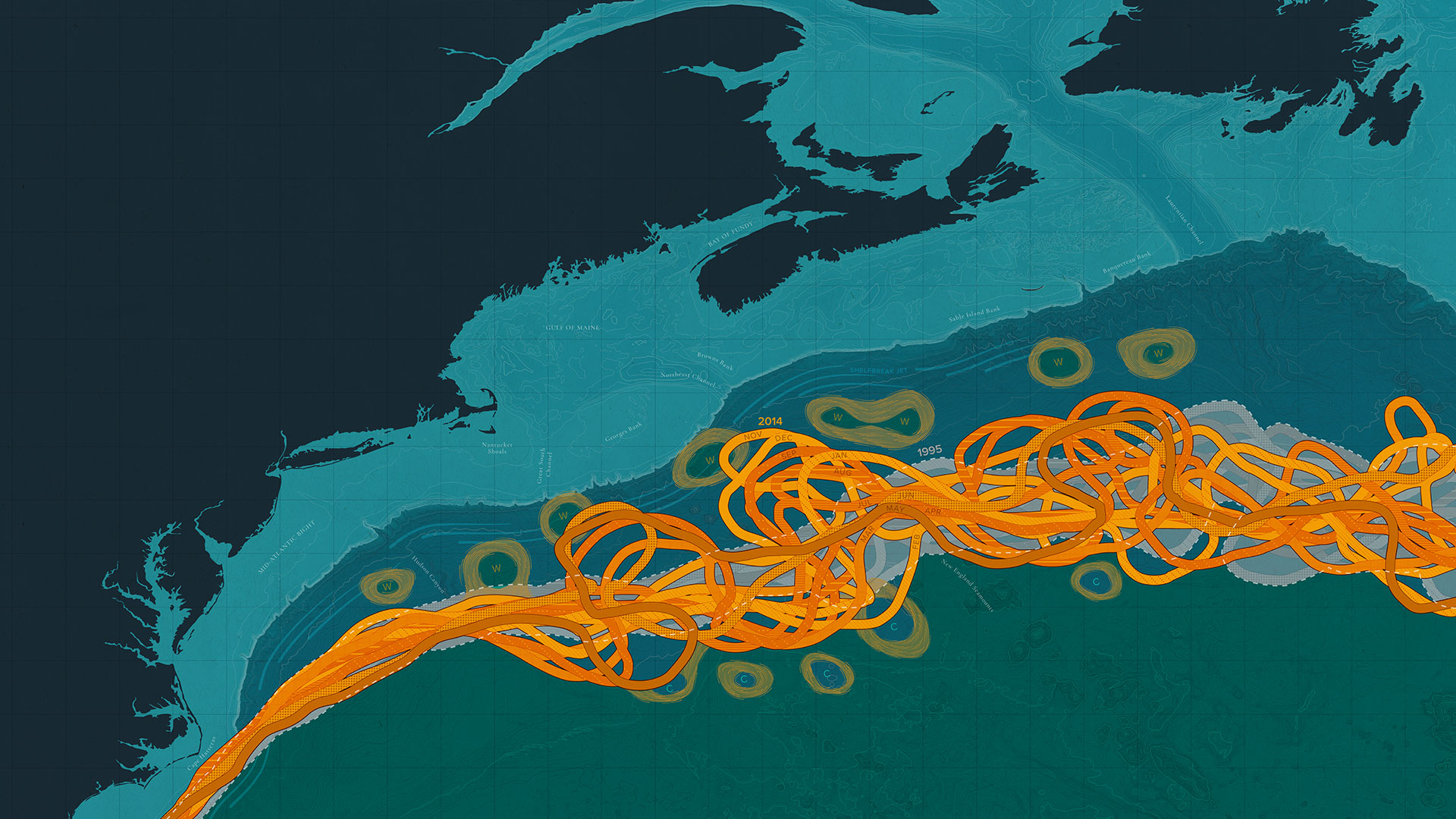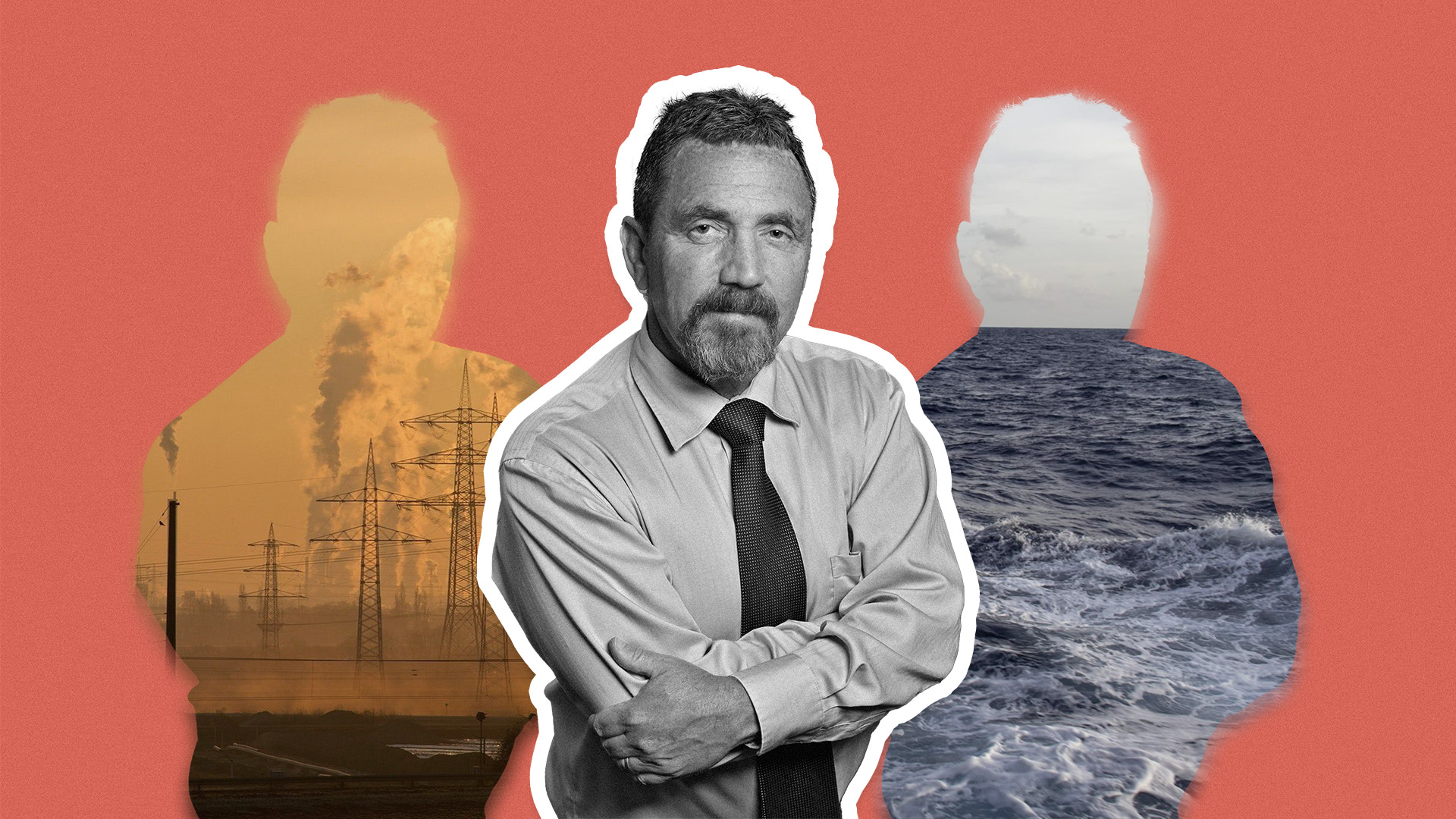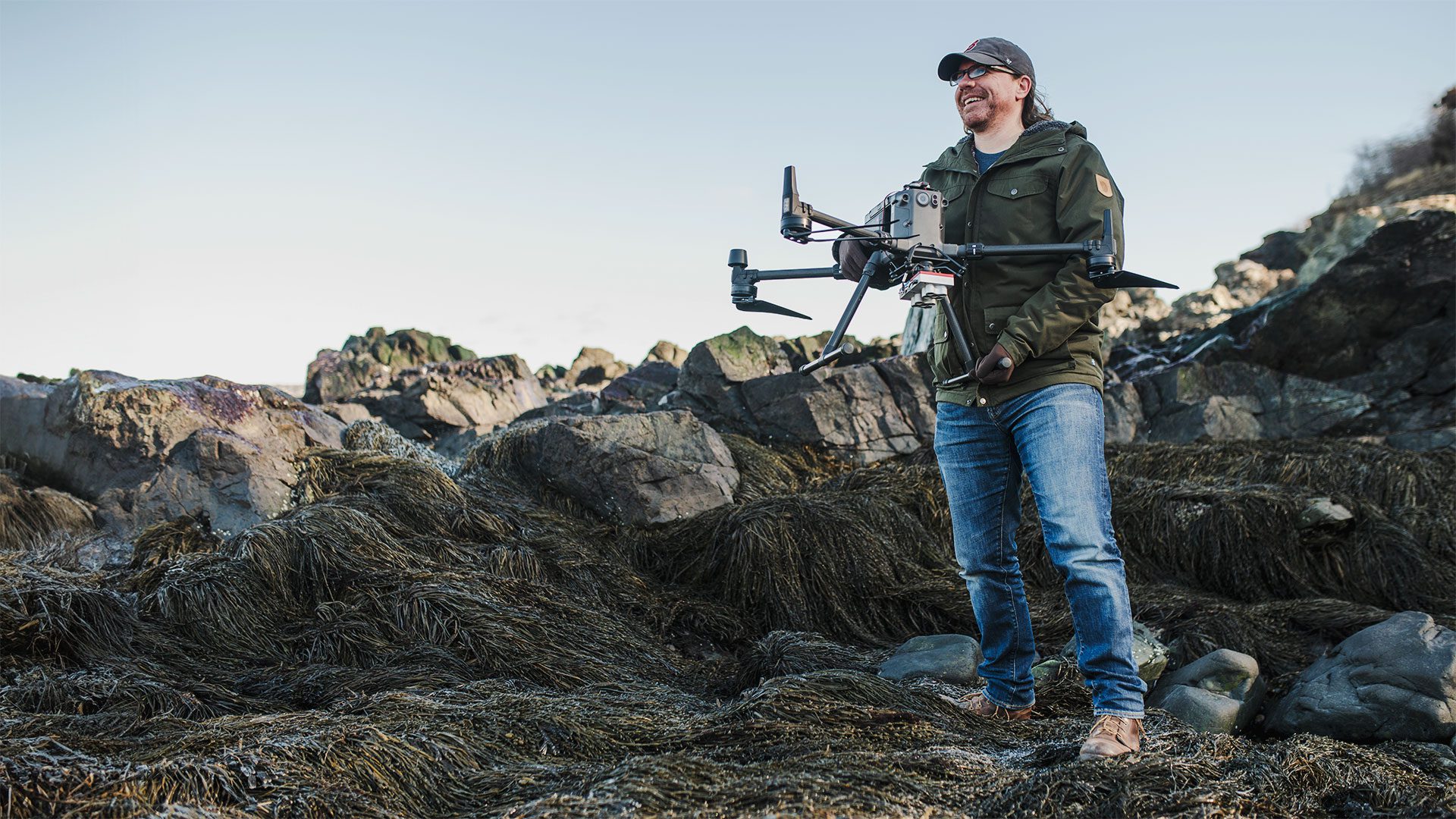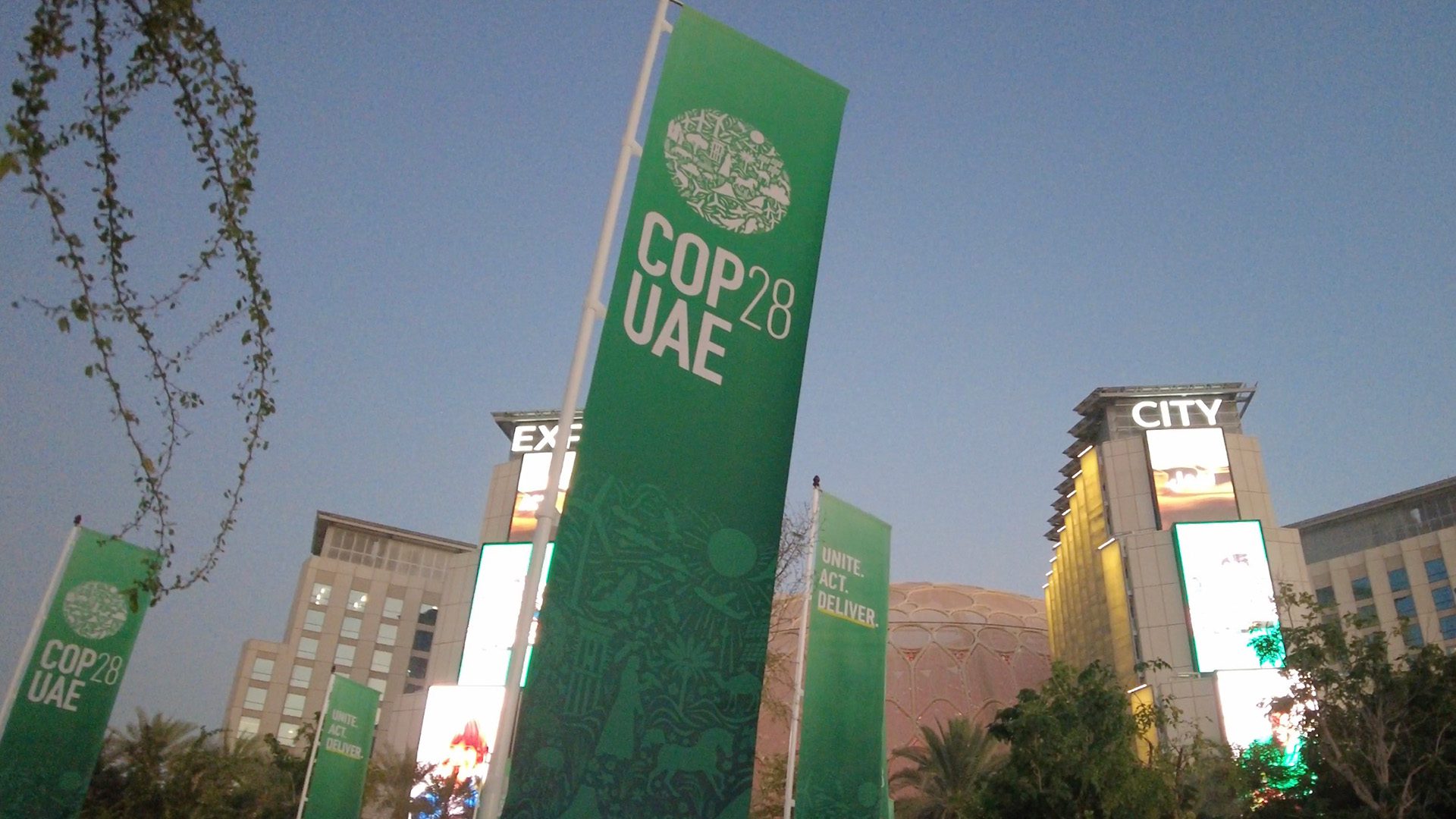
Estimated reading time: 5 minutes
At the 28th annual UN climate conference (COP28), in Dubai late last year, a major focus was on how UAE leadership, in particular the conference president, who is also the head of Abu Dhabi’s national oil company, would shape the debate on the use of fossil fuels. While discussions played out regarding whether the world should “phase down” or “phase out” the use of fossil fuels, members of the Ocean Pavilion team scanned successive drafts of the final communique from negotiators for the term “ocean” to help gauge how successful their efforts were in elevating its visibility during the conference.
The ocean did, in fact, appear numerous times in the final text, an acknowledgment of the central role it plays in the climate system—and to all life on Earth. But that handful of mentions, important as they are, pale in comparison to the energy and vitality present at the Ocean Pavilion over the two-week conference. Here, we look back at what was accomplished on this critical international stage and explore opportunities moving forward for the ocean science community.
The growing engagement by ocean scientists, engineers, and students is welcome—and urgently needed
The Ocean Pavilion provided ample opportunity for representatives from WHOI and partner organizations to share their expertise directly to COP attendees. There was a deep and obvious demand for unimpeachable information about the ocean-climate system. Facts about the ocean even decorated the walls of the pavilion, which became a backdrop for countless photos (and selfies) taken by strolling attendees. However, it was the people—scientists, engineers, policy experts, and students—who made the Ocean Pavilion come alive with enthusiasm for potential solutions that the ocean can provide in addressing the climate crisis, as well as the central role of science in leading the search for those solutions.
More diverse partnerships are being formed with the ocean science community across societal sectors
The list of Ocean Pavilion partners reads like a Who’s Who of leadership in ocean science and policy. In addition to those, however, is a growing number of non-research entities and stakeholders who share the vision of building knowledge about the ocean to ensure the long-term sustainability of global society. The depth of that partnership was on display when Bloomberg Philanthropies CEO Patti Harris, US Special Presidential Envoy on Climate John Kerry, UN Secretary General’s Special Envoy for the Ocean Peter Thomson, and others chose the Ocean Pavilion to announce the formation of Ocean Resilience and Climate Alliance (ORCA). During the announcement, the group made an initial pledge of more than $250 million from a collection of leading philanthropic partners to help advance ocean-based solutions to fight climate change. The range of partnerships assembled under the Pavilion banner was also on display in the 72 panels and other events that took place on the main stage featuring more than 350 different speakers from around the world.
The ocean is seeing increased visibility in international negotiations
Although it is difficult to draw a direct line between the Ocean Pavilion’s presence at the conference and mentions of the ocean in COP28’s final agreements, one thing is undeniable: The ocean is having its moment in climate negotiations. This is evident in the array of activities surrounding international climate negotiations that focus on the ocean’s role in societal sustainability worldwide, beginning with the United Nations Framework Convention on Climate Change’s (UNFCCC’s) Special Report on the Ocean and Cryosphere in a Changing Climate, released in 2019, which marked a turning point in international awareness of the ocean’s importance in the climate system and led to the first Ocean Climate Change Dialogue, held in June 2022. Decisions reached in Dubai, as contained in both the Global Stocktake and the Global Goal on Adaptation, led the Intergovernmental Panel on Climate Change (IPCC) to take on the question of the ocean’s role in developing safe, long-lasting climate solutions by commissioning a special report on marine carbon dioxide removal. With the looming 2025 deadline for member nations to declare their next round of nationally determined contributions (NDCs) towards emissions reductions, the report couldn’t come soon enough.
The stage is set for future engagements
What’s next? For starters, COP29 will take place on November 11 in Baku, Azerbaijan. The coming year also offers a wealth of additional opportunities to push for increased visibility of ocean science at all levels of global decision-making. Already in February, the UN Environmental Assembly in Nairobi (UNEA6) adopted a resolution affirming the need to strengthen ocean-based efforts to tackle climate change, marine biodiversity loss, and pollution. April will see the first meeting of the UN Decade of Ocean Science for Sustainable Development in Barcelona, followed closely by the Our Ocean conference in Athens, as well as additional meetings in Costa Rica and Colombia later in the year aimed at tackling ocean-related issues. In addition, 2025 will see another major milestone: the third UN Ocean Conference, this time hosted by the governments of France and Costa Rica in Nice, France.
